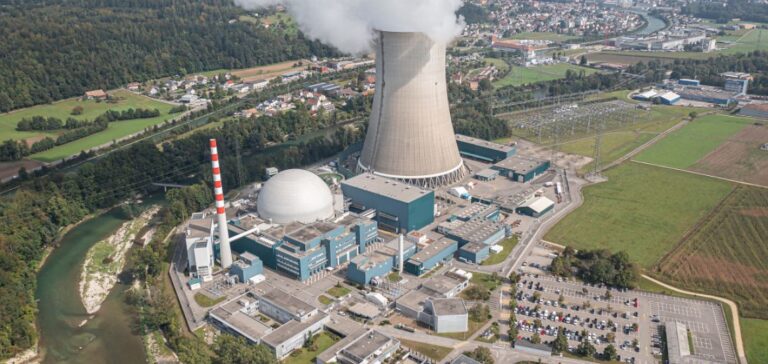Framatome has won a contract to modernize the protection system at the Gösgen nuclear power plant in Switzerland. This modernization, based on TELEPERM XS technology, also includes improvements to the back-up batteries. Framatome continues to play an active role in protecting and securing nuclear power plants.
A digital protection system for greater security
The protection system at the Gösgen power plant, which continuously monitors the reactor and shuts it down if predefined limits are exceeded, will be upgraded with Framatome’s TELEPERM XS solution. This digital control technology ensures enhanced monitoring and rapid intervention in case of need, while maintaining the highest safety standards.
A long-standing partnership
Frédéric Lelièvre, Senior Executive Vice President at Framatome, emphasized the continuity of the partnership with Kernkraftwerk Gösgen-Däniken AG, the plant operator. Since 2002, the plant has gradually adopted digital technologies in cooperation with Framatome, guaranteeing continuous improvement in performance and safety.
A high-performance, reliable reactor
The Gösgen pressurized water reactor, commissioned in 1979, has a net electrical capacity of 1,010 megawatts. Thanks to successive modernizations, the plant remains at the cutting edge of technology, ensuring stable and safe energy production for Switzerland.
The TELEPERM XS international solution
Framatome’s TELEPERM XS platform is widely adopted in the global nuclear industry, with installations in 92 reactors in 17 countries. This technology is proving its effectiveness and reliability in a variety of operating contexts, contributing to global energy security. This latest stage of modernization at Gösgen reinforces Framatome’s position as a leader in digital control technologies in the nuclear sector, while once again demonstrating the confidence placed in us by nuclear power plant operators worldwide.






















